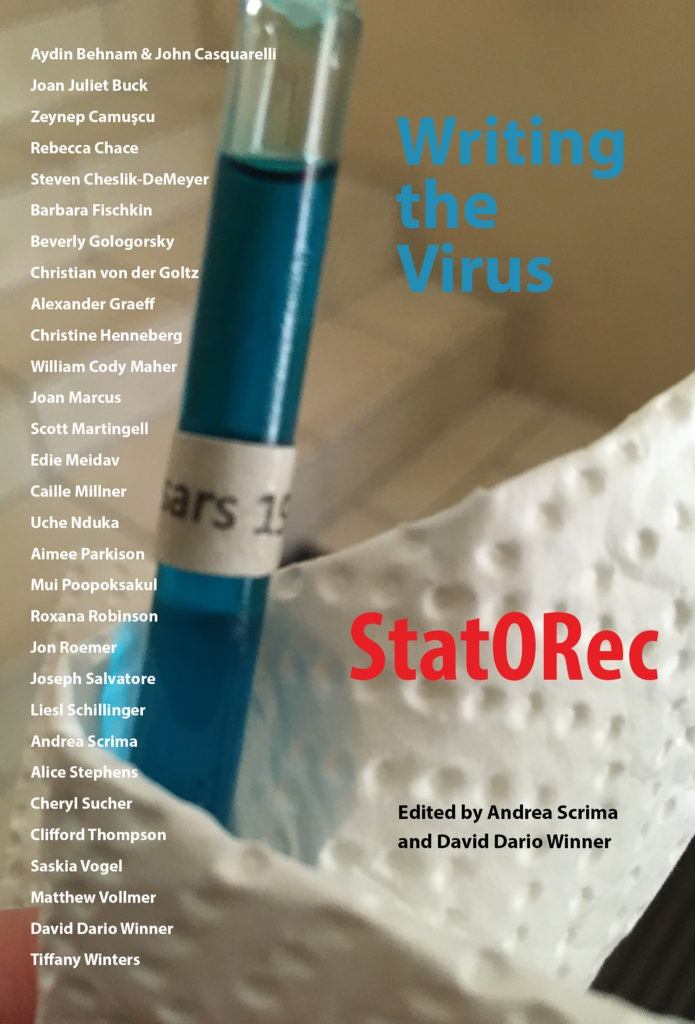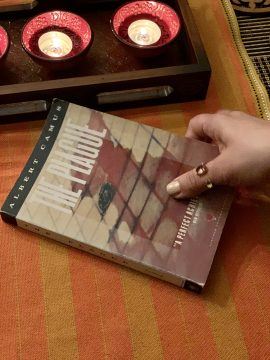by Daniel Gauss

COVID-19 revealed something terrifying about modern democracies: they are especially vulnerable to ambiguous threats, which can become magnified into national disasters. A virus that was neither mild enough to ignore nor lethal enough to unify a response managed to throw the United States into prolonged disarray causing unnecessary and severe harm.
If COVID-19 had been a super deadly, super-virus, we would have reached a quick consensus on how to fight it, out of necessity. Throughout our history our nearly always divided nation has regularly rallied around the flag and united political divisions to meet major crises. On the other hand, if the virus had been super weak, we could have completely ignored it.
It was its position in the murky middle, neither trivial nor catastrophic, that proved most damaging: a Goldilocks zone where uncertainty overwhelmed coordination. The most insidious thing about COVID-19 was that it did not demand an unambiguous response. By its very nature, the virus thwarted decisive action in the largest democracies. There could never be a clear consensus in a fractious democracy on how to treat it or even how to talk about it. It engendered anxiety and undermined unequivocal action.
If you had wanted to develop a perfect virus to afflict a troubled democracy – one already splintered by culture wars, plagued by distrust in institutions and weakened by an over-saturated information environment – it would have been COVID-19. The pandemic for us, therefore, was a political, psychological and social crisis, one that exposed the fragility of decision-making in democratic systems. Read more »

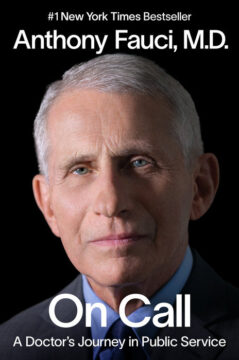

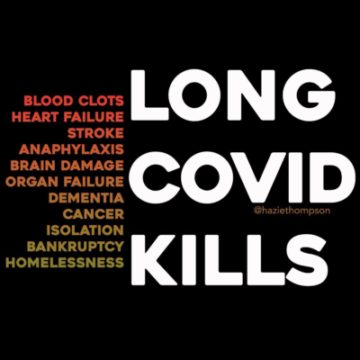
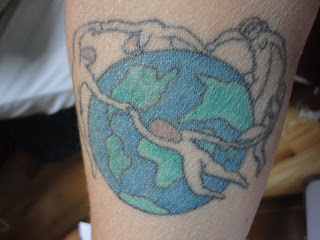 Barring that reality, and knowing this would be an ongoing, lifelong issue, I got a tattoo on my Visa-paying forearm to remind myself that my actions affect the entire world. I borrowed Matisse’s
Barring that reality, and knowing this would be an ongoing, lifelong issue, I got a tattoo on my Visa-paying forearm to remind myself that my actions affect the entire world. I borrowed Matisse’s 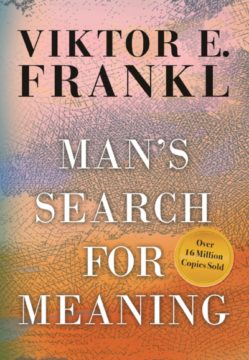 A dear friend of mine recently passed away unexpectedly. He had recommended I read Viktor Frankl’s
A dear friend of mine recently passed away unexpectedly. He had recommended I read Viktor Frankl’s  The season finale of
The season finale of  This week I had planned to present the 3 Quarks Daily readership with a fluffy little piece about my memories of a grade school foreign language teacher. It was poignant, it was heartfelt, it was funny (if I do say so myself). Above all, it was intended as a brief respite from the nonstop parade of horrors scrolling past our screens every day—a parade in which my own recent writings have occupied a lavishly decorated float. We all deserve a break, I thought. It would be nice to look at some baton twirlers for a minute, listen to an oompa band.
This week I had planned to present the 3 Quarks Daily readership with a fluffy little piece about my memories of a grade school foreign language teacher. It was poignant, it was heartfelt, it was funny (if I do say so myself). Above all, it was intended as a brief respite from the nonstop parade of horrors scrolling past our screens every day—a parade in which my own recent writings have occupied a lavishly decorated float. We all deserve a break, I thought. It would be nice to look at some baton twirlers for a minute, listen to an oompa band. Two profound horrors have plagued the world in recent times: the Covid-19 pandemic and the Trump presidency. And after years of dread, their recent decline has brought me a brief respite of peace.
Two profound horrors have plagued the world in recent times: the Covid-19 pandemic and the Trump presidency. And after years of dread, their recent decline has brought me a brief respite of peace.
